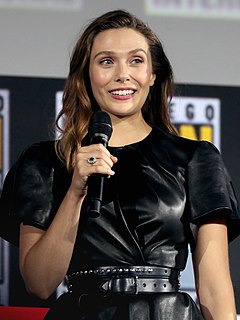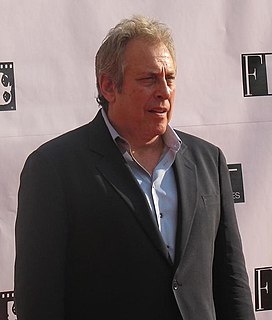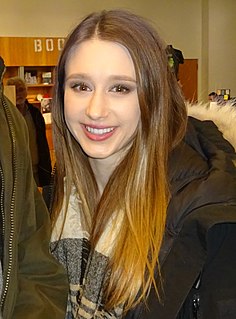A Quote by Matt Charman
Sitting opposite Steven Spielberg, while he turns the pages of your script and talks about each scene as he goes, is about the best film school you can get.
Related Quotes
While you are walking you would learn much more about filmmaking than if you were in a classroom. During your voyage you will learn more about what your future holds than in five years at film school. Your experiences would be the very opposite of academic knowledge, for academia is the death of cinema. It is the very opposite of passion.
Probably the most difficult scene to film was the one where I'm attacked. I haven't thought about it in a while because, in hindsight, you make jokes about it and you get funny stories from it. When I was talking about it earlier today, I started to realize that it took a couple days probably to get over. Even if you can laugh about it, it's still the physical things that your body has to go through, it's pretty insane.
What you learn in school is the opposite of what happens in the real world. In school, you're always worried about minimums. You have to reach 20 pages or you have to have so many slides or whatever. Then you get out in the real world and you think, 'I have to have a minimum of 20 pages and 50 slides.
What you learn in school is the opposite of what happens in the real world. In school, you're always worried about minimums. You have to reach 20 pages or you have to have so many slides or whatever. Then you get out in the real world and you think, 'I have to have a minimum of 20 pages and 50 slides.'
Theratre is not like like in film and TV, where you have to stop and go back and keep redoing the same three pages for two hours. You get to go through the whole 80 pages of the script, which is incredible. You get to keep acting on the feelings you had just moments before. You don't have to psych yourself up for the scene. You can just go off what you were already feeling.
There is a hideous invention called the Dewey Decimal System. And you have to look up your topic in books and newspapers. Pages upon pages upon pages…” Uncle Will frowned. “Didn’t they teach you how to go about research in that school of yours?” “No. But I can recite ‘The Battle Hymn of the Republic’ while making martinis.” “I weep for the future.” “There’s where the martinis come in.
If you want to have the right to have that conversation with your agent - "I know you sent it to me, I know you like it, but I just really think it's terrible" - you need to have the full details about script. You don't want to be in that situation where your agent says, "What about after the first 20 pages where it turns into a psychedelic musical?" And you're like "What? I thought it was an action-rom!"































